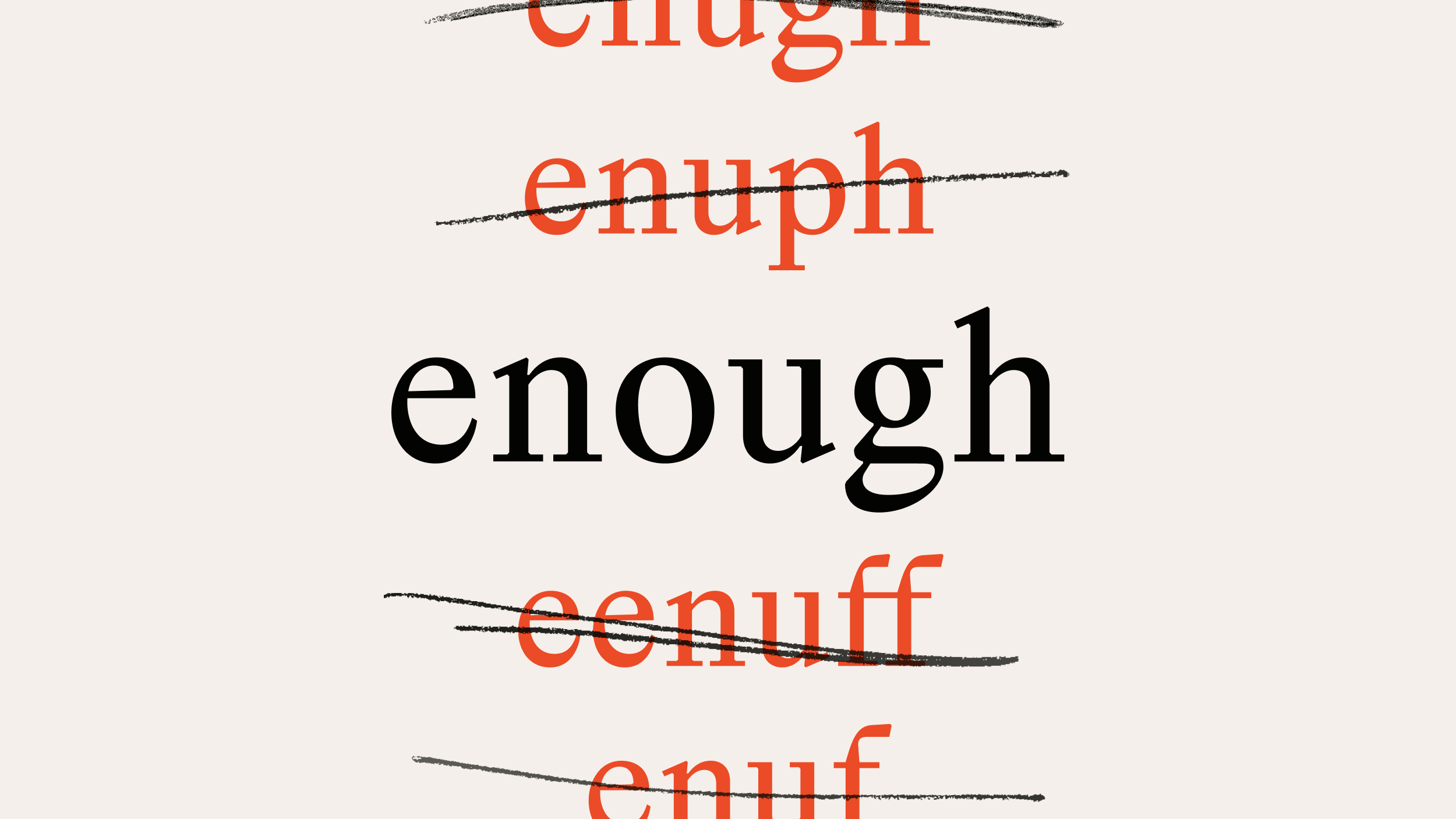Mistranslating Mana’
Sign up for Big Think on Substack
The most surprising and impactful new stories delivered to your inbox every week, for free.
Here at Waq al-waq I like to point out how important it is to know Arabic, partly because I have spent so long studying the language but also because if you don’t know it you tend to miss things. For instance, yesterday I linked to this interview with Hasan Mana’ from al-Sharq al-Awsat. It included a hadith:
«لا يلدغ المؤمن من جحر واحد مرتين
Today, al-Sharq al-Aswat translated the same interview and posted it to its English-language site (h/t: The Majlis). The only problem was that it translated the above hadith:
“A believer is not harmed by the same stone twice.”
Leaving aside the issue with the definite article, this is not the same hadith. The Arabic has: “The Believer is not stung from the same hole twice.”
A similar idea maybe, but an entirely different hadith. My point in detailing this mix-up is A.) one always has to be wary of translations even if it is an official translation and B.) these mix-ups are not always so insignificant.
Now, my Arabic is far from perfect – my speaking resembles an illiterate Bedouin (mostly because these are the people I first learned to speak with), my transliteration needs loads of work as does my work on vowelling and editing texts – and it is something that I will be studying for the rest of my life.
One never really stops being an Arabic student. But I take comfort in a quote a good friend, who has the type of linguistic skills that inspire dark and jealous thoughts among fellow academics, often recited at qat chews: “The first ten years of Arabic are the hardest.” His source, of course, was none other than A.J. Arberry.
“A believer is not harmed by the same stone twice.”
Leaving aside the issue with the definite article, this is not the same hadith. The Arabic has: “The Believer is not stung from the same hole twice.”
A similar idea maybe, but an entirely different hadith. My point in detailing this mix-up is A.) one always has to be wary of translations even if it is an official translation and B.) these mix-ups are not always so insignificant.
Now, my Arabic is far from perfect – my speaking resembles an illiterate Bedouin (mostly because these are the people I first learned to speak with), my transliteration needs loads of work as does my work on vowelling and editing texts – and it is something that I will be studying for the rest of my life.
One never really stops being an Arabic student. But I take comfort in a quote a good friend, who has the type of linguistic skills that inspire dark and jealous thoughts among fellow academics, often recited at qat chews: “The first ten years of Arabic are the hardest.” His source, of course, was none other than A.J. Arberry.
Still, I don’t see how one can be considered an “expert” on the region or a particular country if one does not speak the language(s) of the region or country. It is baffling. And it seems to be a particular problem with the Middle East and now with Yemen.
Sign up for Big Think on Substack
The most surprising and impactful new stories delivered to your inbox every week, for free.




